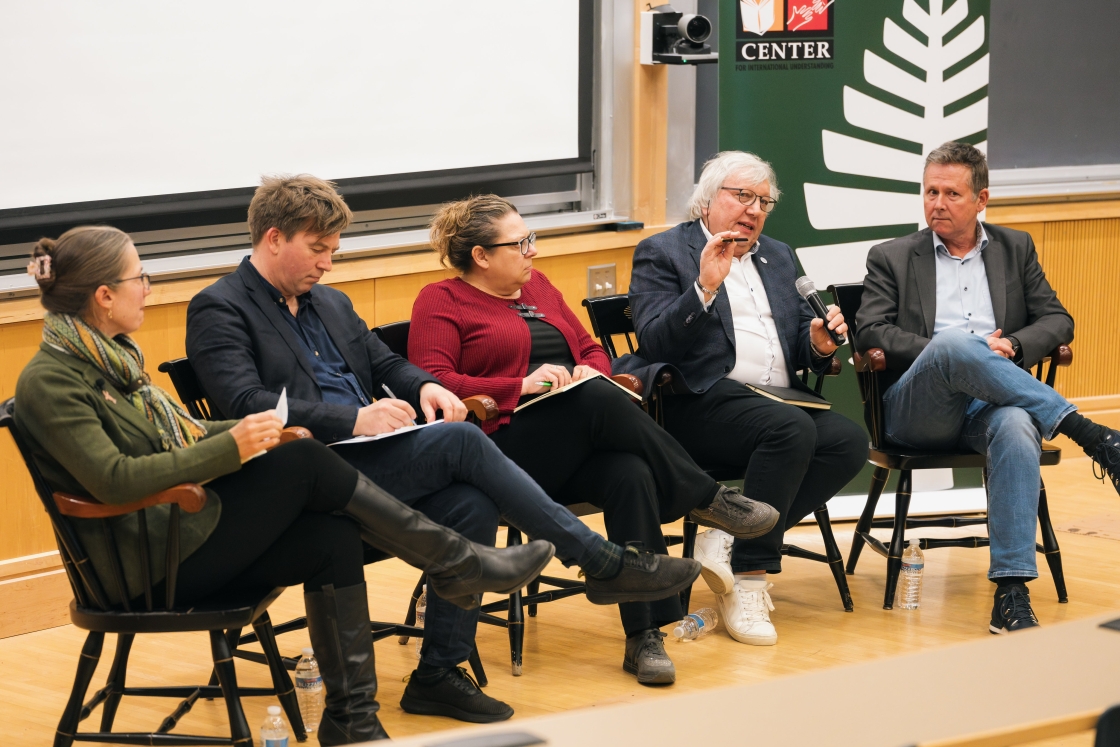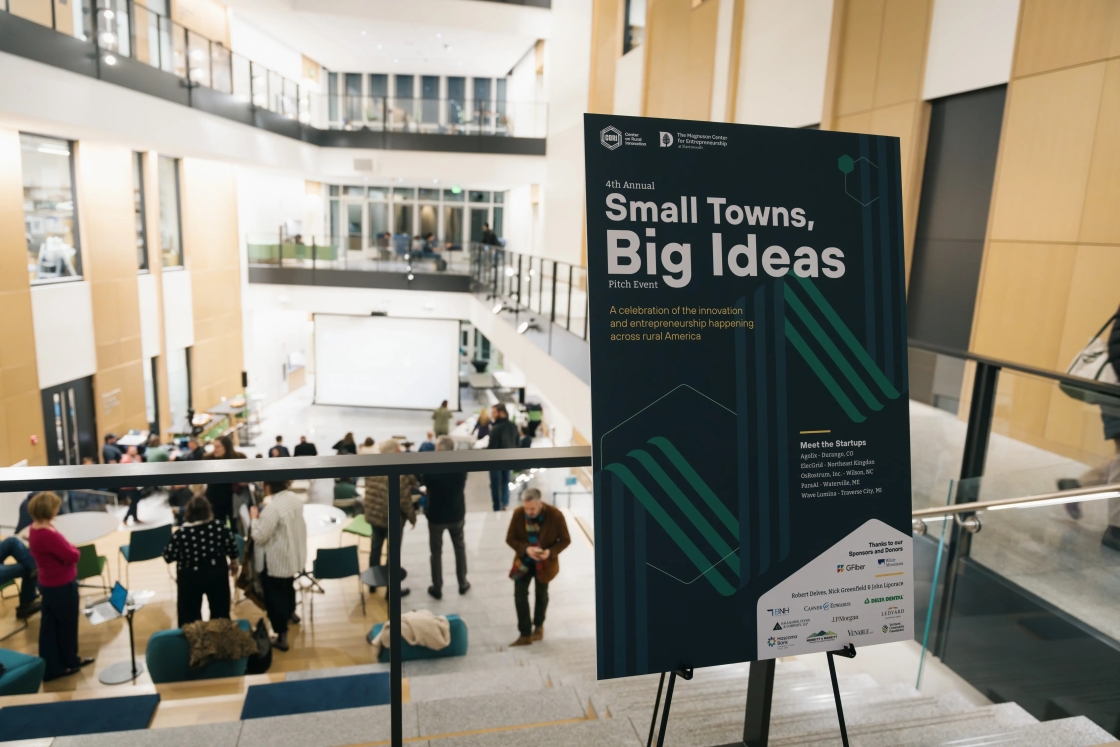
However, through the efforts of Bryson Lochte ’13, there may soon be. Lochte began researching the human response to ASMR for his senior honors thesis while he was at Dartmouth, completed his study in May, and is now working to get his study published, Beck writes.
“Even though I’ve never experienced ASMR, I had a gut feeling that (ASMR-inspiring videos) were doing something unique in the brain,” Lochte tells Beck.
Videos that induce the sensory response are often of a women speaking in a slow, calm voice, according to Beck. “Those who get ASMR describe the experience as a tingling inside their heads, or a head rush,” she writes.
Read the full story, published 12/16/13 by The Atlantic.

